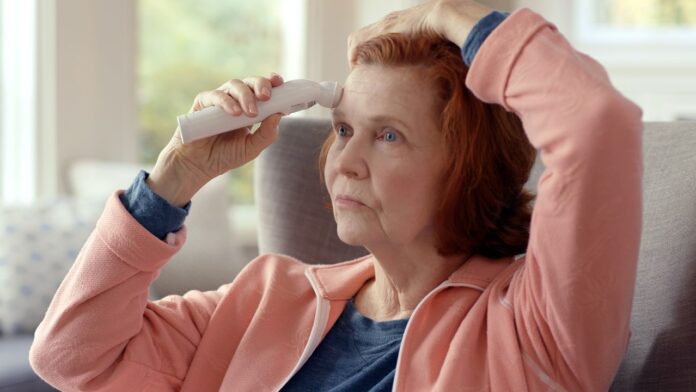A Different Lens On Disability Insurance Needs
Aging sales producers and advisers are like fine wine. The years of experience increase the knowledge and character of the producer that transcends into providing amazing, cogent advice. The longtime producer has the ability to distill personal events and experiences they’ve seen and can share them in the form of stories. Some stories are really obvious and others may be these close calls where any of our products were almost needed.
As you progress through your career accumulating professional and life experiences, you start to see more and more of those close calls. What do we mean by a close call? It’s the “what if” that many of us may play in our heads. For example, a friend of yours, in her 50’s, is still trying to recover from long-covid. Her family has been supportive, but there are a lot of “what ifs” that are being privately discussed. Then there’s the, “Did you hear about so and so’s spouse? Cancer.” Of course, we lend a sympathetic ear, say prayers, and personally help the person and/or family as much as possible.
This phenomenon seems to be more common as we get older. Probably starting in the 30’s you may hear the rare story here and there…then a little more in your 40’s and then it seems to really start hitting in your 50’s and even more in your 60’s. It’s knowing people that are getting sick, going to doctor appointments, taking medications, talking about their ailments…or hearing about a friend of a friend or acquaintance’s recent bad news and possibly their future fight for survival. It’s heart wrenching when we think about it and can keep us up at night. They are the type of thing that can take your mood from great to miserable in a few minutes.
Many of these are not so much about specific Disability Insurance claims, but the almost-claims or could-have-been-a-claim scenarios. What if they don’t get better? What if they need to retire from work so they can have more energy to fight the fight cancer can require? What if that MS diagnosis starts to get more aggressive? What if that back issue gets worse and worse and surgery is going to be needed? You’ve probably heard the stories and thought about these issues as well.
This is why we have disability insurance—so that we can protect our backsides. We can protect ourselves from the “what if” scenarios. DI can help provide some comfort in an otherwise very emotional and most likely, financially tough, months, years, or even decades.
What type of coverage do your clients have? Many of our clients are not only business relationships, but personal relationships as well. What stories have you heard recently of a friend, a family member, or a co-worker being diagnosed with a condition that makes you send prayer emojis?
As you inherently know, what allows someone the privilege of buying an individual disability policy is their good health. Once someone is diagnosed with a serious medical condition, they may not be able to get an individual policy or get one that is as comprehensive, and without exclusions, as when applying with that condition.
It’s sort of ironic, that when you really want something like a disability policy, it may be unattainable due to your health. When your client is healthy, they may be on the fence. But if they don’t get a DI policy today, they may never be able to get a policy again. If not today, when… when they are sick or hurt from an accident…doesn’t work that way.
So beginning today, if you don’t do this already, perhaps add a disability insurance policy review to all of your client appointments. A few things will happen. Client Reaction #1 could be—“I don’t know what that is, please tell me more.” Or Client Reaction #2 could be—“I think I have something at work,” in which case, you need to know if that is short term DI, long term DI, and/or something that actually isn’t disability insurance or something that is minimal? Or you may get Client Reaction #3—“I have a policy that I think is sufficient, but willing to have you take a look at it.”
But if you don’t ask, you will have no idea…unless you possibly get a call about a “what if” scenario. But this time, it could be your client asking the question, “What type of coverage do I have if I can’t work? I was just diagnosed with “X.”





























